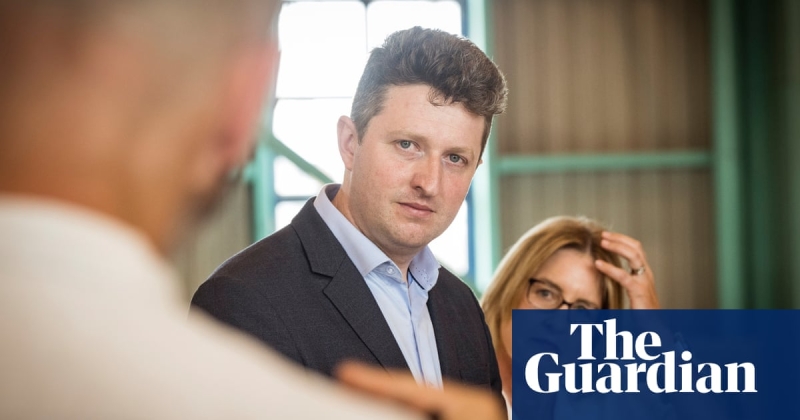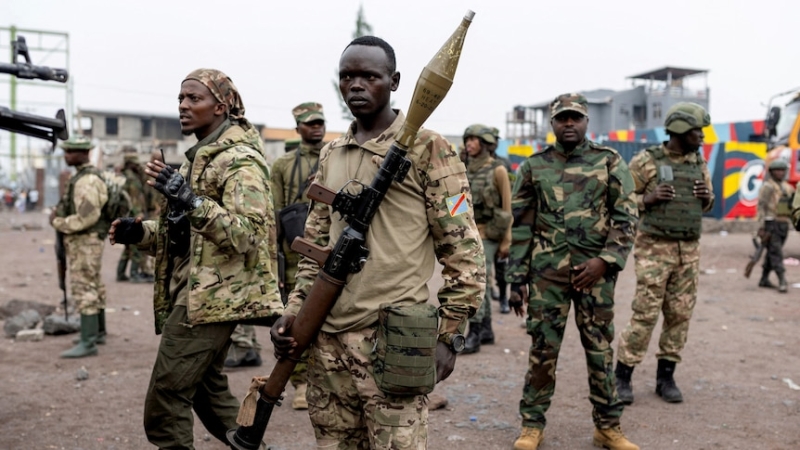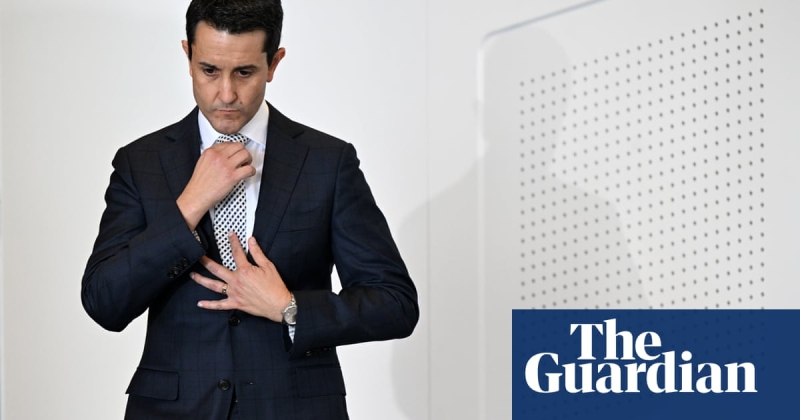Despite their differences, voters in the Werribee and Prahran byelections could hold the key for Jacinta Allan’s Labor government
At first glance, the two Melbourne seats seem worlds apart – one a fast-expanding electorate in the outer west, the other a progressive hub in the inner city. But despite their differences, the results of the byelections being held for Werribee and Prahran on Saturday will be pivotal for Victoria’s political future, particularly for Jacinta Allan’s Labor government.
For the government, holding on to Werribee – a stronghold for Labor since 1979 – is essential for maintaining momentum before next year’s state election.
The seat is home to a growing number of young families, new migrants, tradies and essential workers.
The RedBridge pollster and former Labor strategist Kos Samaras says that on paper these groups should be Labor voters. But since the 2022 election, when the seat’s margin grew to 10.9%, they have become “increasingly fed up” with the party, he says.
A poll published by the Age in January showed Labor’s statewide primary vote slipping to an incredibly low 22%, alarming government MPs.
“There is a lot of resentment in the outer suburbs,” Samaras says. “Where there’s usually a swing of about 5% away from the government at byelections, this could be closer to 10%.”
He attributes this to a lack of investment in the area.
Despite record growth, Werribee and surrounding suburbs largely consist of single-lane roads, while public transport options are limited. The government has not fulfilled its promises for the area, including building new hospitals, electrified trains and a “super-city” in East Werribee.
It has, however, tried to counteract voter frustration by announcing $333.5m for two road projects, a contract to begin work on another and a plan to lock in petrol prices.
The Labor candidate, high school teacher and Country Fire Authority volunteer John Lister, defends the government’s record by pointing to the construction of new schools, a police station, level crossing removals and increased hospital funding.
“Sometimes, it’s more those subtle things that help people that are not going to be on a billboard,” he says.
Lister has already knocked on more than 6,000 doors. He says roads and the cost of living are voters’ main concerns, and while he acknowledges there is “frustration” in the community, he says it has not yet turned to “anger”.
Unlike the former Labor MP Tim Pallas, who held the seat for 18 years, and the Liberal candidate, Steve Murphy, he lives in the electorate.
However, Murphy works as a real estate agent in Werribee and lived in the area for almost three decades before he moved to Essendon during the pandemic to be closer to his children.
“The problem of not being a resident is easily fixed,” Murphy says.
He describes Werribee as “the country town that Melbourne came to”.
“There’s nothing wrong with growth … but unfortunately the infrastructure hasn’t kept up,” he says.
“We’ve got issues with roads, transport and crime. But because it’s a safe seat, they don’t put the money and attention into it.”
It’s a view shared by Nick Christou, the owner of the Park Werribee pub, who meets with Murphy during Guardian Australia’s visit to the electorate.
Christou successfully campaigned against a proposed prison and a plan to dump toxic soil in the area – proposals he believes would never have been considered if the seat was not regarded as safe.
“We are absolutely taken for granted,” Christou says.
For Madison Ebejer, who works at the pub, crime is a “major issue”. In December, she had two cars stolen during a break-in.
“I speak to so many people at work who have had similar experiences recently,” Ebejer says. “The advice police gave me was to get a dog.”
According to the crime statistics agency, criminal incidents in the Wyndham region – which largely aligns with Werribee’s boundaries – rose 13.3% in the year to September 2024. Theft and car theft were the most common offences.
However, the crime rate per 100,000 people – 4,837 – is consistent with 2020 figures (4,821), and well below the peak in 2016 (5,535).
About 40km from Werribee, crime is also dominating the Prahran byelection, which was triggered by the resignation of the Greens MP Sam Hibbins.
For the Greens, Prahran will be a test to see whether their recent underperformance in local government elections and the Queensland state election is a temporary slump or a more serious decline in their voter base.
Hibbins had held the eastern suburbs seat since he won it from the Liberals in 2014. Labor is not fielding a candidate.
According to the Liberal candidate, Rachel Westaway, crime is “out of control” in the area, citing three high-profile firebombings on Chapel Street in recent months and antisocial behaviour.
“There is a sense that things need to go back to basics, that we need to focus on issues like crime and the cost of living,” she says.
The number of criminal incidents in the heart of the seat, Stonnington, has increased 12% since September 2023, with the incident rate at its highest since data collection began in 2015.
But the Greens candidate, Angelica Di Camillo, says that apart from the firebombings, much of the crime is linked to homelessness and mental health problems, for which the community feels a “sense of sadness”.
“Locking people up doesn’t address the root causes. We need to invest in early intervention and frontline services,” she says.
Di Camillo has been criticised by the Liberals for seeking “a seat in parliament” rather than representing the community, as she previously ran in the Rowville and Aston elections – state and federal seats in her childhood area – and was the candidate for Higgins before it was abolished.
But she says she owns a home in St Kilda East and teaches pilates locally.
Home to a largely young, professional crowd, Prahran is wealthier than Werribee, but 56% of people rent and many residents commute on public transport.
The Greens are targeting this cohort with commitments such as rental reform, 50c public transport fares and a 2% tax on vacant commercial properties.
Both the Liberals and the Greens have committed to saving the Windsor community children’s centre from closure.
For Romi Goldschlager, whose children attend the centre, the bipartisanship on the issue is “heartening”.
“There’s literally no other election issue for me than the childcare centre. Without it, I can’t work, I can’t think about anything else,” she says.
In both seats, the ballot is crowded with candidates, including several independents. They include Paul Hopper, who ran against Pallas in 2022, coming fourth with 5.9% of the vote, and Tony Lupton, the former Labor MP for Prahran, who has preferenced Westaway second on his ticket and Di Camillo last.
For the Liberals, any win would be a boost for Brad Battin, who won a recent leadership spill for the state party by promising to focus on the outer suburbs.
“They desperately need to find new territory if they have any hope of picking up 17 seats at the 2026 election,” Samaras says.





